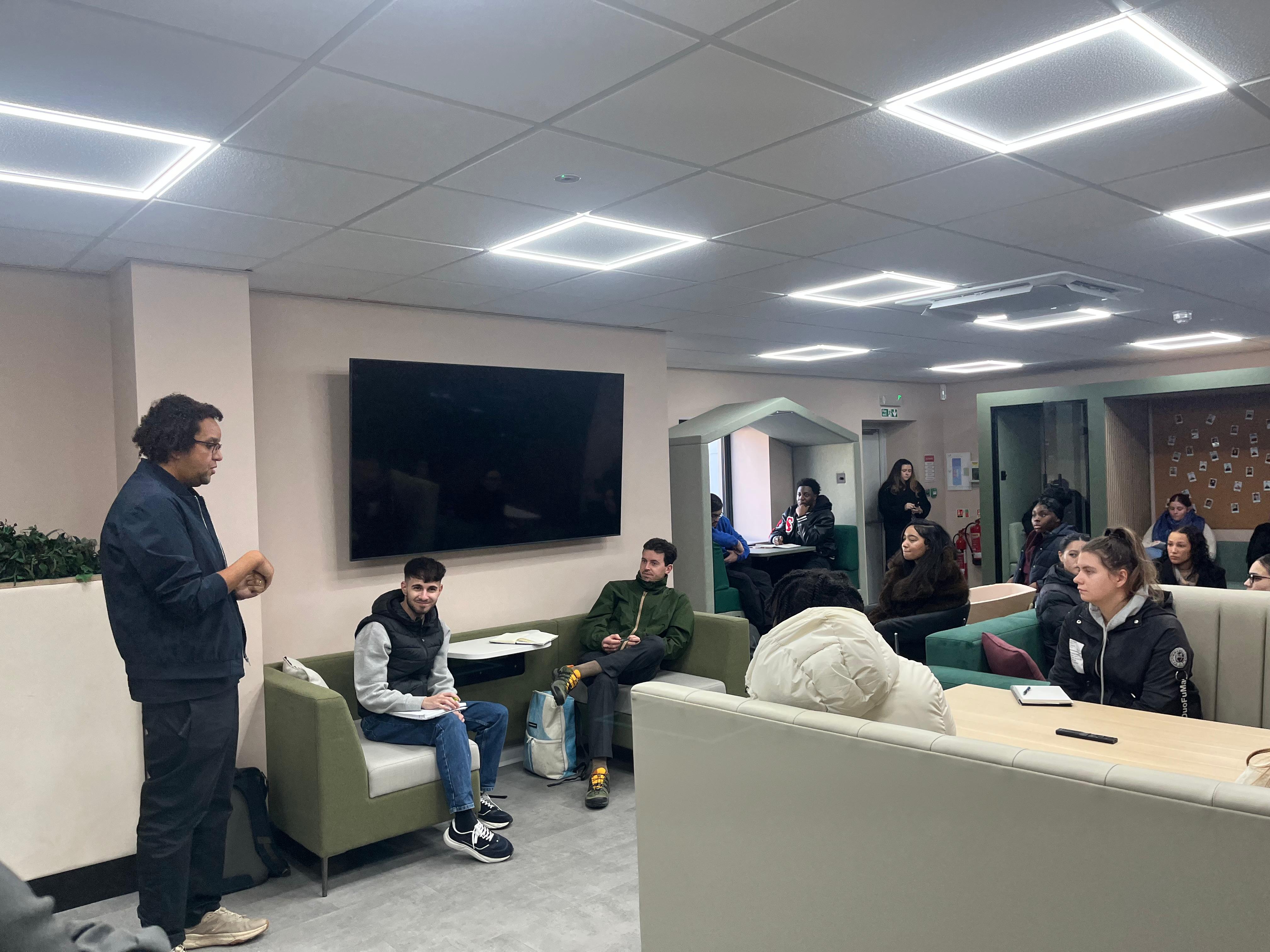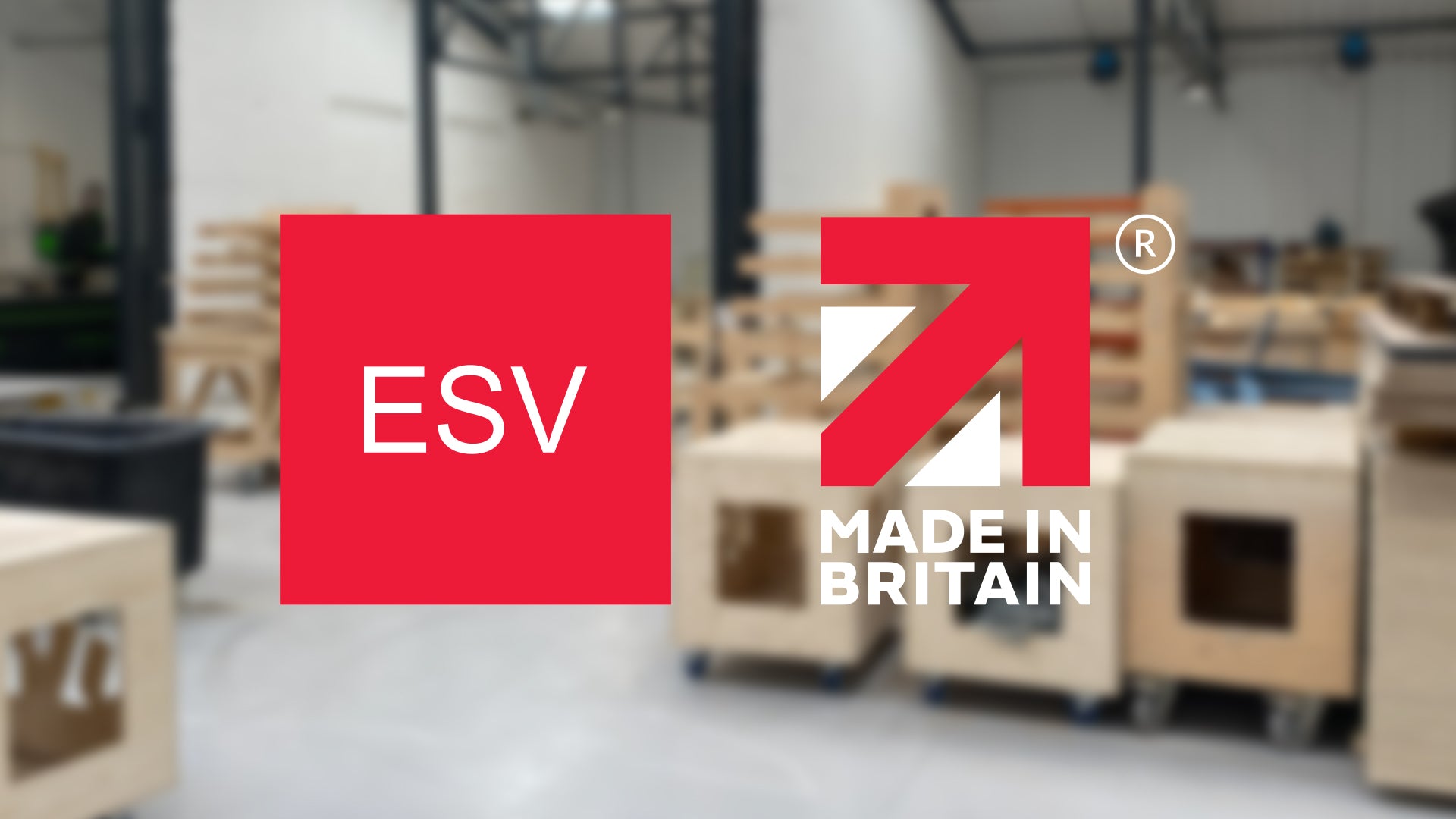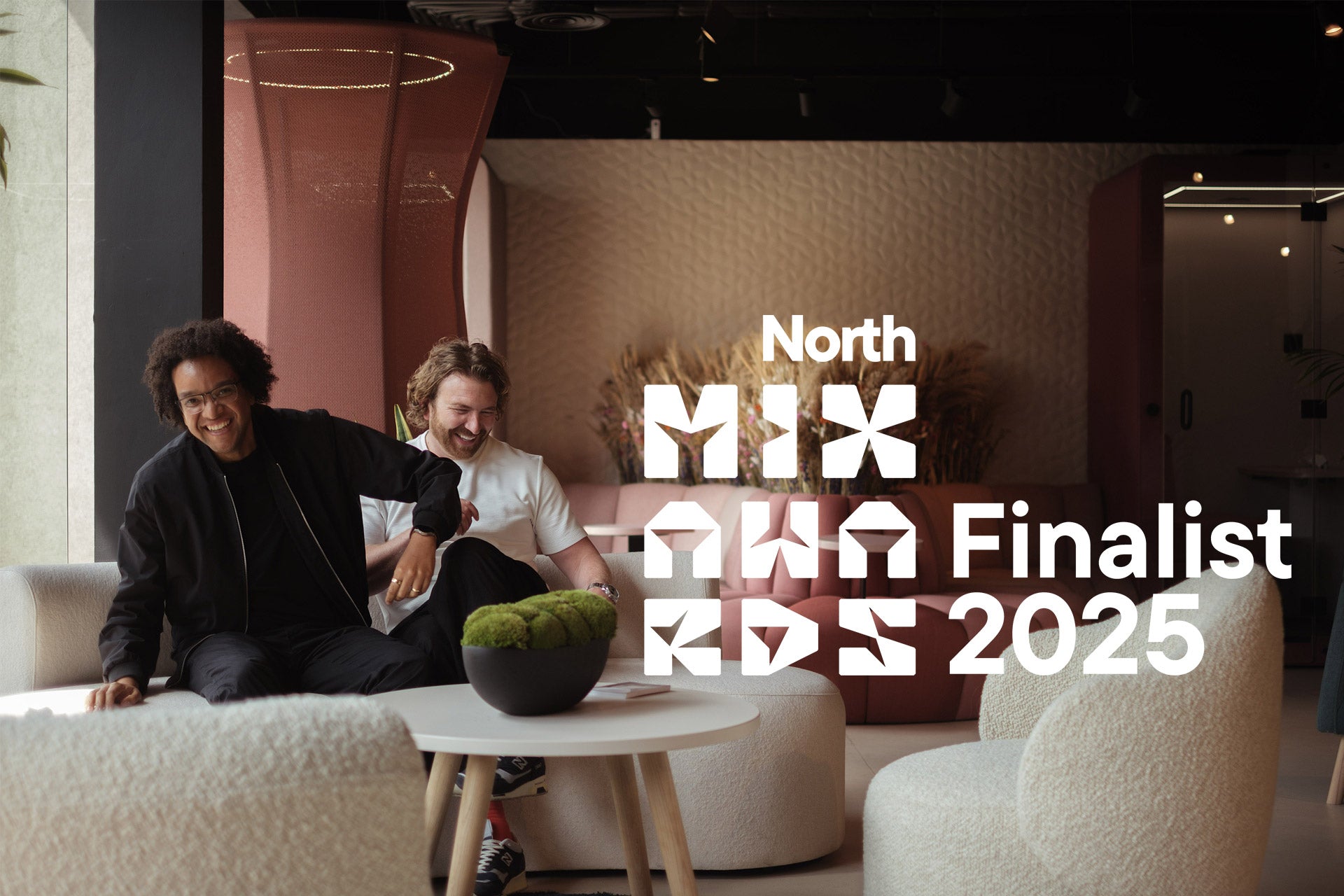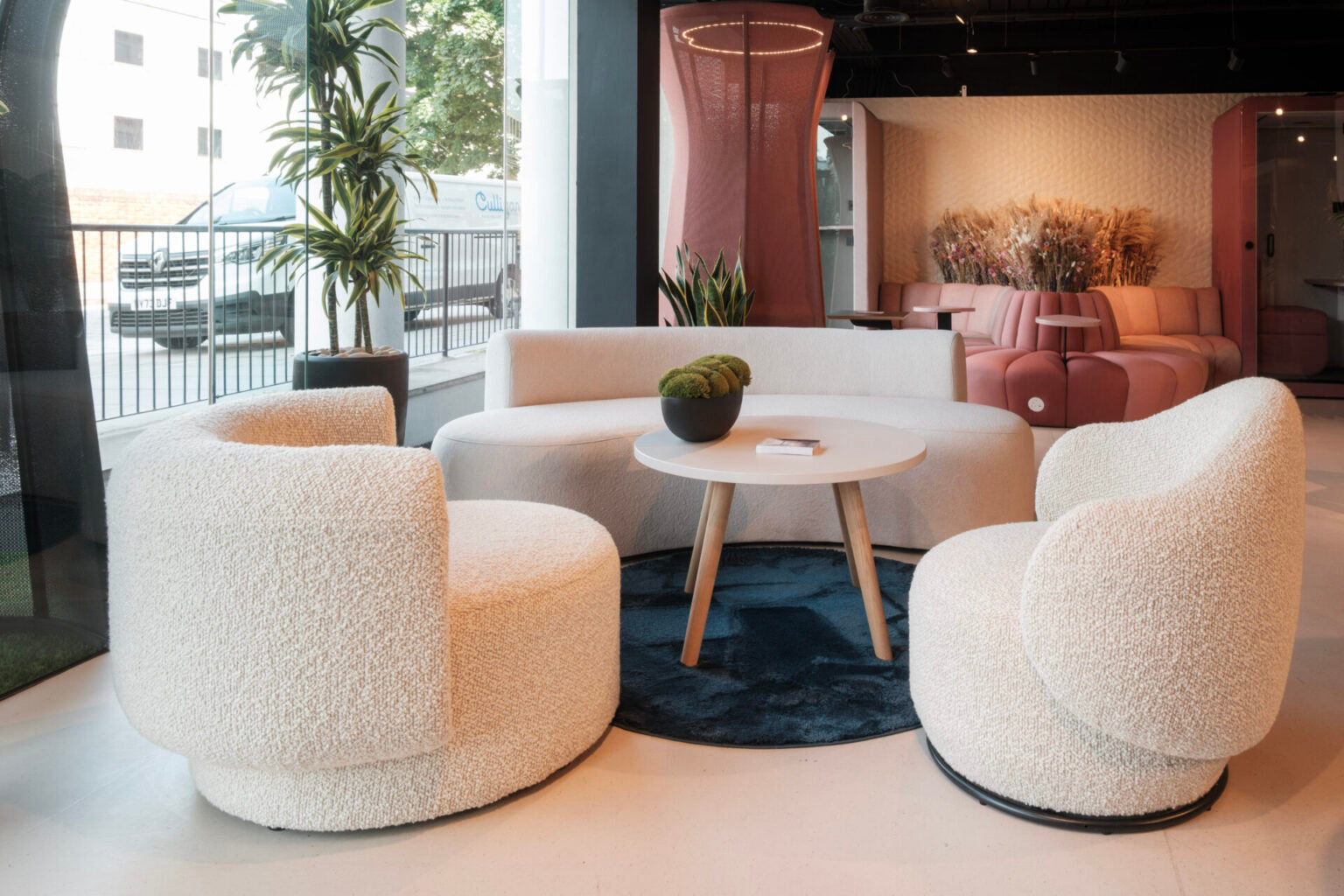Building on our successful 2024 partnerships with Coventry University and Birmingham University, we were excited once again to welcome students from Birmingham City University into our space. This latest collaboration continues our commitment to adaptive reuse, circular design, and hands-on learning with the next generation of designers.

Championing Adaptive Reuse in Product Design
Adaptive reuse and circular design focus on transforming existing products for new purposes, extending their lifecycles rather than disposing of them or reducing them to raw materials. This sustainability-driven approach minimises waste, reduces resource consumption, and supports more efficient, environmentally responsible manufacturing.
As we continue pushing toward a more sustainable future, the adaptive reuse of our own products represents a significant next step. And who better to explore those possibilities than the innovative, imaginative minds of upcoming designers?

A Hands-On Experience with Real-World Design
We were thrilled to share our knowledge with such a talented and enthusiastic group of students. Split into two teams, each group took part in a full day of practical insight into commercial product development, including:
Behind-the-scenes manufacturing tour Led by Dom Boniface, it gives students a close-up look at how our products come to life.
Sustainable product design workshop Product Designer Henry Watson and Marketeer Jon Ogborne guided students through our commercial design process, highlighting how sustainability shapes every decision.
Production design and feasibility insights Production designers Charlie Adlem and Jamie Sirett shared how ideas evolve into final installations, including how to assess manufacturing feasibility and overcome technical challenges.

The Design Challenge: Reimagining the Yume Rest Pod
Following the sessions, students received their main brief: to reimagine and repurpose a Yume Rest Pod creatively. Their concepts needed to reflect the principles of adaptive reuse and align with our sustainability objectives. Key considerations included:
- Collaboration: Work as a unified team to develop and refine ideas.
- Modularity & Reconfiguration: Ensure the design can be easily assembled, disassembled, and reconfigured for future use.
- Value Addition: Enhance longevity and user appeal through durability, aesthetics, or multifunctionality.
- Sustainability Focus: Prioritise eco-conscious solutions that minimise environmental impact.
- Manufacturing Integration: Utilise our existing production capabilities to reduce material waste.
- Sector-Specific Design: Tailor concepts for key sectors, such as workplaces, education, and hospitality, to ensure flexibility and long-term relevance.
- Waste Reutilisation: Incorporate offcuts and secondary materials from our manufacturing processes.
- Practical Feasibility: Ensure the concept can be realistically produced within our current systems.






